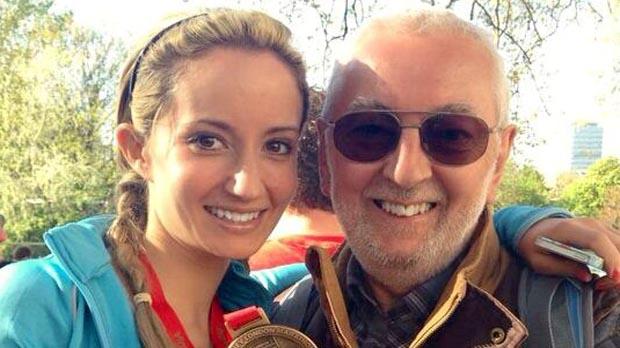
“I think it’s really important that people keep signing up to these type of trials to push research forward.”
Please note - this trial is no longer recruiting patients. We hope to add results when they are available.
This trial is looking at a new drug called elotuzumab in people with multiple myeloma (MM) who have not had treatment yet.
Multiple myeloma is a type of cancer that develops from cells in the bone marrow called plasma cells. Doctors can treat multiple myeloma (MM) with lenalidomide and dexamethasone. But sometimes the cancer can start to grow again.
In this trial doctors want to use a new drug, elotuzumab, with lenalidomide and dexamethasone to find out if it works better than lenalidomide and dexamethasone alone.
Elotuzumab is a type of biological therapy called a monoclonal antibody. These can seek out cancer cells by looking for particular proteins.
The aims of this trial are to find out
You may be able to enter this trial if you
You cannot enter this trial if you
This trial will recruit 750 people from the UK and around the world.
This is a randomised trial. The people taking part are put into treatment groups by a computer. Neither you nor your doctor will be able to decide which group you are in.
Both groups have lenalidomide and dexamethasone. You have lenalidomide as a tablet daily for 3 weeks, followed by a week without treatment. Each 4 week period is called a cycle of treatment. You have dexamethasone once a week, every week.
Group 2 also has elotuzumab. You have elotuzumab through a drip into a vein. You have it once a week for the first 8 weeks. After that you have it every 2 weeks for 16 months, then once a month after that. You have treatment for as long as it is helping you and you want to continue.
You fill out a questionnaire
The questionnaire will ask about side effects and how you’ve been feeling. This is called a quality of life study.
If you agree to take part in this study, the researchers will ask for an extra blood sample for research. You give this at the same time as other blood tests. If you don’t want to give an extra blood sample, you don’t have to. You can still take part in the trial.
You see the doctors and have some tests before you start treatment. The tests include
 )
) ) or
) or 
While you are having treatment you see the research team frequently for blood and urine tests.
You see the research team and have a blood and urine test when you stop treatment, and then every 4 weeks until your cancer starts to grow. After that, the research team contact you every 4 months to see how you are.
The most common side effects of dexamethasone and lenalidomide are
Elotuzumab is a new treatment so there may be side effects we don’t know about yet. But the most common side effects we know about so far are
Some people have an allergic reaction to elotuzumab. You will have some medication before each treatment to help stop this happening. And your nurse will keep a close eye on you while you are having treatment.
We have more information about the side effects of lenalidomide and dexamethasone in our cancer drugs section.
Please note: In order to join a trial you will need to discuss it with your doctor, unless otherwise specified.
Dr Atul Mehta
Bristol-Myers Squibb
Experimental Cancer Medicine Centre (ECMC)
If you have questions about the trial please contact our cancer information nurses
Freephone 0808 800 4040

“I think it’s really important that people keep signing up to these type of trials to push research forward.”